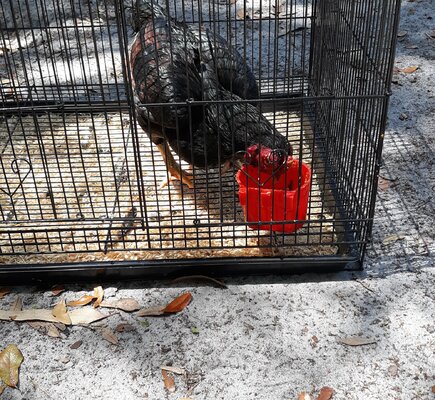The chicken nurd
Songster
- Apr 4, 2021
- 544
- 911
- 221
I wish I had rare breeds
The only semi rare bird I had was a bantam australorp who passed in 2020
The only semi rare bird I had was a bantam australorp who passed in 2020






